8 Month Old Baby – Milestones, Development, Care & More

As a parent, there’s nothing more fulfilling than watching your little one grow up physically, mentally, and emotionally whilst achieving all the necessary milestones. If you are a parent to an 8-month-old baby, below are some of the landmarks that you can expect in the coming weeks. Reading and understanding these milestones will help you prepare yourself, especially to deal with any challenges that may come across.
Growth of Baby
Nothing can quite fill you up with joy than watching your baby grow and develop. During the next four weeks, you will watch him improve his mobility, recognise others’ faces, and much more. Here’s what to look out for in your 8-month-old baby.
Baby Development
Your baby will be rapidly developing his cognitive, social and emotional skills during this time. He will show a sense of empathy by being sad when kids around him cry, and he will be happy when he sees you (1)! He will recognise different faces and be able to differentiate between voices. He will be developing different grips and gaining better control of his fingers during this time. This will allow him to pick, throw and grab objects at will and with increased accuracy (2).
We’ve broken the development down into weeks for a better understanding of each milestone.
32-Week-Old Baby Development
Your 8-month-old baby’s weight will increase, and he will begin trying to crawl (3). He will be propelling himself forward using his hands, too. This is not a good time to use baby walkers since playing and moving about on the floor will increase his mobility and build his posterior muscles. Let your baby roam around. Keep cables, cords, or anything that could make him trip or block his way out of reach.
33-Week-Old Baby Development
Your baby will be choosing what he eats and how much he eats. He will still need to continue consuming breastmilk; however, you can let him have a go at other foods cooked just right for him to eat, swallow and digest. Where mobility is concerned, your little one should be able to slowly clap his hands. Encourage him by showing you how to clap by clapping your hands and letting him copy you. Your child may also enjoy playing with utensils and making different sounds by banging them. At first, the household may get noisy due to utensils clashing like cymbals, but keep in mind that he is gaining finer control over his motor movements in the process.
Your baby will also learn how to wave his wrist side by side or up and down. Encourage him to wave to family members and repeat that action in response to verbal cues given by family members, such as “goodbye” or “see you later”.
34-Week-Old Baby Development
Your baby’s vision will be improving rapidly during this week, and his shortsight will be at its best. His long-range vision will take some time to improve, but he will be able to make out objects and people from a faraway distance and approach them. His true eye colour will also be slowly emerging, and besides vision, he may start developing the pincer grip (immature pincer grasp at 9 months). He will now be able to pick up, drop and throw objects with increased precision. In addition to this, he will be able to point towards objects with his index finger and sit without support by this age (4).
35-Week-Old Baby Development
Remember that your baby’s leg muscles are developing, and it’s a good idea to help him kneel and sit down. Your baby might take some time to get used to sitting down after standing, and that’s okay. They may stand up holding furniture, ask for your help to sit, or just fall. Alternatively, you may use a toddle truck with a stable base to assist and train his mobility.
Baby Health
Your baby’s health will be steadily improving. He will continue to be breastfed and eat solid foods now. Encourage your baby to self-feed and allow him to explore different tastes and textures in meals. Finger foods such as rice, cheese, and carrots will help him get acquainted with his taste buds, and you will often find him playing with saucepans and beakers (5). From a cognitive health standpoint, your baby will be able to understand basic instructions and will make object-noun associations. He will also greet family members when they return home from work by smiling gleefully.
Baby Milestones at 8 Months
At eight months, these are the milestones you can expect your little one to achieve:
- Speech Improvement – Your baby will be making more consonant-based sounds. He will begin to understand words like “milk,” “cat,” and “table”, and will have created object-word associations in his mind for them.
- Improved Grip – With the raking grasp, you will notice him trying to control and manipulate objects with his hands with greater precision now. He will be able to bang two cubes.
- Tracking Moving Objects – No longer will your little one just be aware of moving objects but rather try to follow them or catch them. He will be able to uncover the hidden toy as well.
- Can Handle Separation – You can now expect your little one to be okay when you’re away from the house or him for a few hours. He won’t cry or be fazed at this age.
- Will Try to Chew – Your baby’s jaw muscles will start exercising as he tries to chew while eating different foods.
- Standing on Feet – There’s still some time for your baby to begin standing momentarily with support as it comes around nine months. However, he should now be capable of making other motions.
Behaviour
Your baby’s behaviour will start to change a lot. This is the age when he is beginning to understand his surroundings. However, he may not have the developed physical body or muscles needed to fetch the things he wants by himself. Your little one will also be chatting away all day long and experimenting with sounds using his voice. Just remember to gently reinforce words that are linked with object associations or people associations to help him develop his vocabulary and add meaning to those babbles.
Their vocal skills will also expand if you make them interact with family members and involve them in social activities within the household.
8-Month-Old Baby Activities
Here are some activities you can do with your little one to speed up his growth and development:
- The Talking Game – The talking game is an excellent way to let your child’s senses soak in different words and vocabulary and start processing verbal information. Whenever you play with him, make sure you talk about the activity you’re currently doing to engage him.
- Meeting Others – Meeting new folks, friends, and family members will greatly reduce the anxiety of socialising with people. Socialising is also a great way to exercise visual recall and improve your baby’s social skills.
- Reading Out Stories – Babies enjoy illustrated books, especially the ones with big pictures and bright colours. This is the time to start reading out to your little one and stimulate his sense of colour perception and language understanding as well.
- Make the Baby Crawl – Tell him to catch you by crawling towards you or ask him to get an object for you by making him crawl from one room to the next. Crawling strengthens the leg muscles, which will prepare your little one for walking in the future.
- Name the Toys – Name your baby’s toys and help him associate your sounds with them. Labelling objects with names creates an object-noun link in the mind, and as you repeat it, your baby starts associating those names with the objects.
- Mixing Foods – Throw in a little roti/chappati with different coloured vegetables and let your little one explore the different tastes and textures. Let your baby eat with his own hands since this will help him build his finger movements. Plus, he’ll find it fun, and that’ll keep them busy for a while.
8-Month-Old Baby Care
Your baby will be chewing toys and collecting every dust and particle lying in the house like a detective on the hunt. Make sure you baby-proof the house and keep medicines or toxic products away from his reach. Ensure you keep movable furniture, potted plants, and anything that can be dislodged from their place intact since you don’t want objects falling on your little one and hurting him. At this age, your baby doesn’t link cause and effect, so don’t be alarmed if your little one starts to chew on your household pet or bite when you least expect it.
Feeding
Your baby may be less reluctant to consume breast milk, unlike before, once you introduce solid foods to his diet. Make sure he eats two to three solid meals a day to get his fill of nutrition,n and aim for 4-6 breastfeeds a day at this stage. For parents who are bottle feeding, 4 milk feeds are recommended, too. Your baby will still need to be fed on demand at this age, though the frequency should be six times or less during the day. Slowly, we will need to ensure that the frequency of the milk feeds is decreased and that of solids is increased gradually as they develop and grow. You can start with semi-solids like purees and mashes of different foods (for example – mashed banana, pureed apricot, etc.) and a bit later solids like half-cooked or steamed carrot sticks. you may start with the proper homemade food by the time they attain the age of one-year-old.
Pro-tip: Make sure not to feed honey and cow milk to your baby before the age of one year as their body is not developed to digest the protein in the cow milk, and the honey could cause infant botulism in your kiddo because of the Clostridium botulinum bacteria present in the honey.
Sleeping
Your baby will be sleeping a lot at this age. You may find him sleeping anywhere between 10 to 12 hours a night in addition to taking 1- to 3-hour naps in the afternoons, in total of about 14 hours of sleep a day (5). Don’t fret though; it’s completely normal and terrific news for you since you get to catch up on sleep a little and also plan out the everyday schedule. Your little one’s routines and sleep patterns also become more predictable.
Tips for Parents
Here are some tips for parents who want to speed up their baby’s development or prevent developmental delays:
- Do not let your baby use a walker during these few weeks. The floor will become his best friend in teaching him how to crawl, sit and partially stand or walk
- Introduce your kid to the world of colours and shapes through picture books and friendly comics.
- Stack up a few pillows and ask him to crawl up to build their sense of proprioception and strength.
- To encourage physical activity, turn on some fun music and dance and sing along. You can use sock puppets or props to make it more fun and let your baby copy the rhymes and mimic words.
At the end of the day, your baby is exploring and expanding in many ways, just let him have a go at different things and remember not to get agitated whenever you hear funny noises in the noise he will create while banging cups, plates, etc. It’s just his curious mind at work!
It’s amazing to watch your baby progress from crawling to taking baby steps during these weeks. Introduce your little one to new foods, keep him busy and entertained, and you’ll be well on your way to successful parenting. The proof is in the pudding, and you must be patient because sometimes your little one might fall or slip when crawling or moving around, and you have to let him learn how to deal with that.
References/Resources:
1. Cleveland Clinic – Well-Baby Care Visits & Developmental Milestones (Age 0-12m)
2. CHOC – 7-9 Month Old Baby Development & Milestones
3. Mayo Clinic – Infant development: Milestones from 7 to 9 months
4. HSE – Your child’s developmental milestones 7 to 12 months
5. 8 months – Pregnancy Birth & Baby
Previous Month: 7 Months Old Baby Growth and Development
Next Month: 9 Months Old Baby Growth and Development
Was This Article Helpful?
Parenting is a huge responsibility, for you as a caregiver, but also for us as a parenting content platform. We understand that and take our responsibility of creating credible content seriously. FirstCry Parenting articles are written and published only after extensive research using factually sound references to deliver quality content that is accurate, validated by experts, and completely reliable. To understand how we go about creating content that is credible, read our editorial policy here.






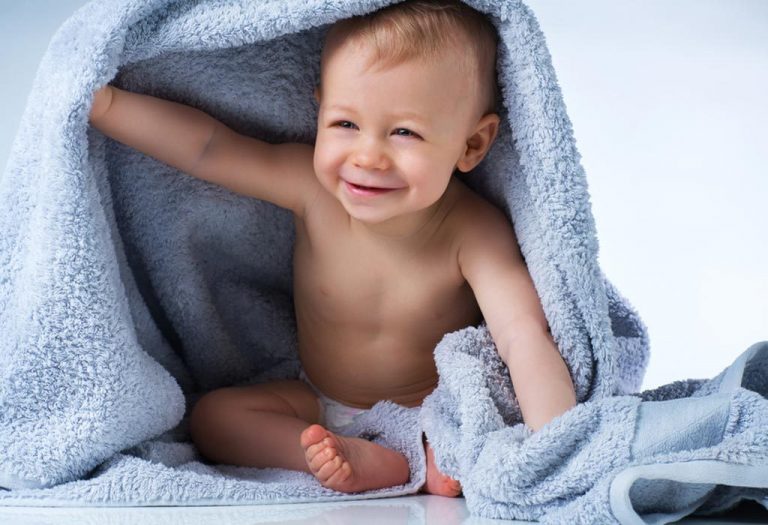
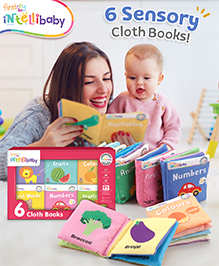
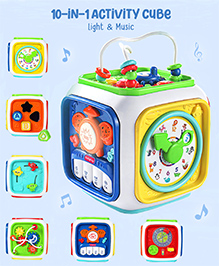
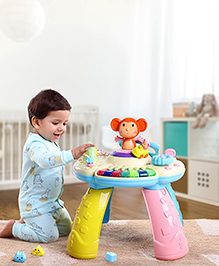
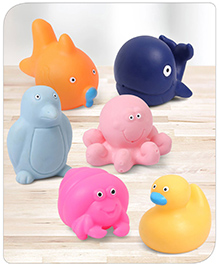
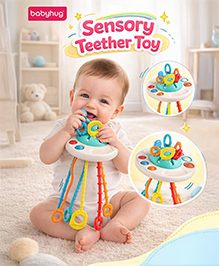
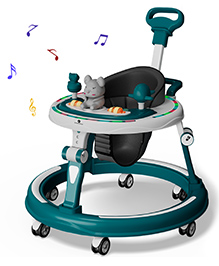
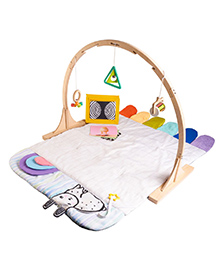
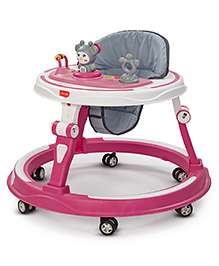
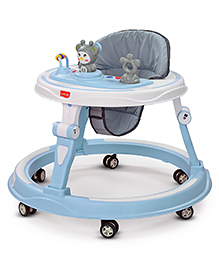
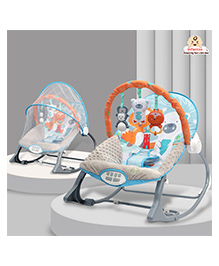
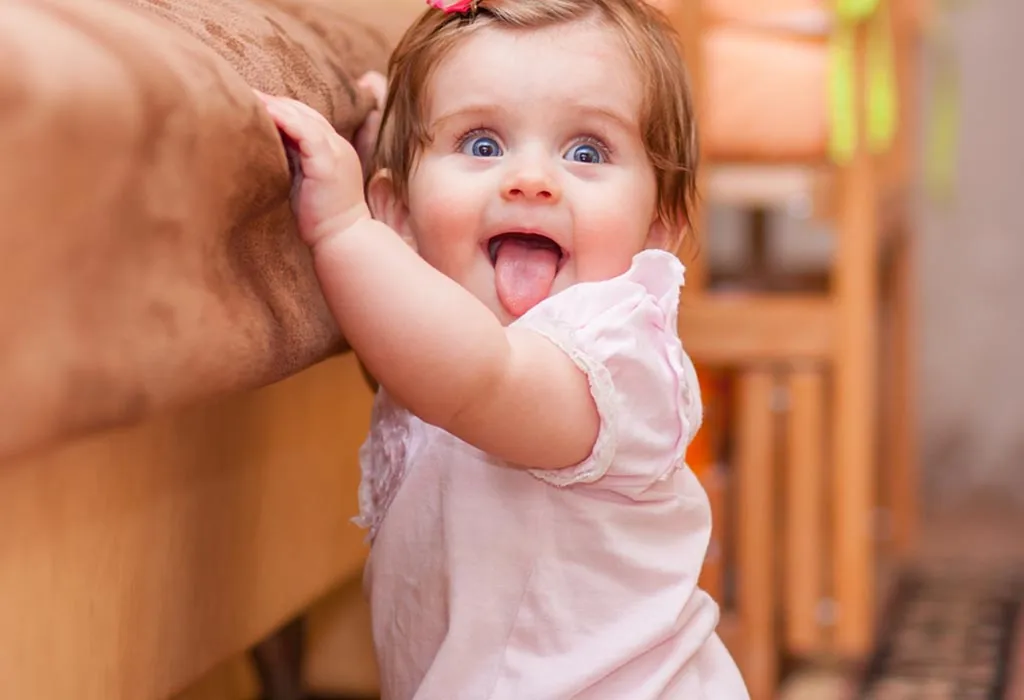

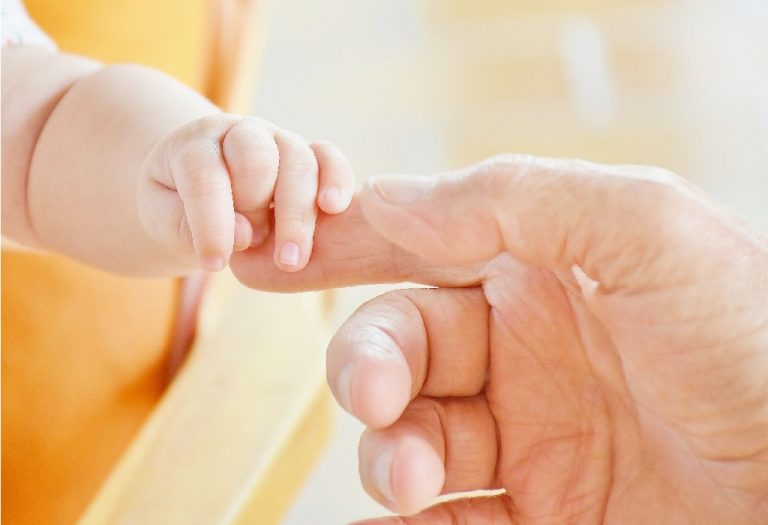
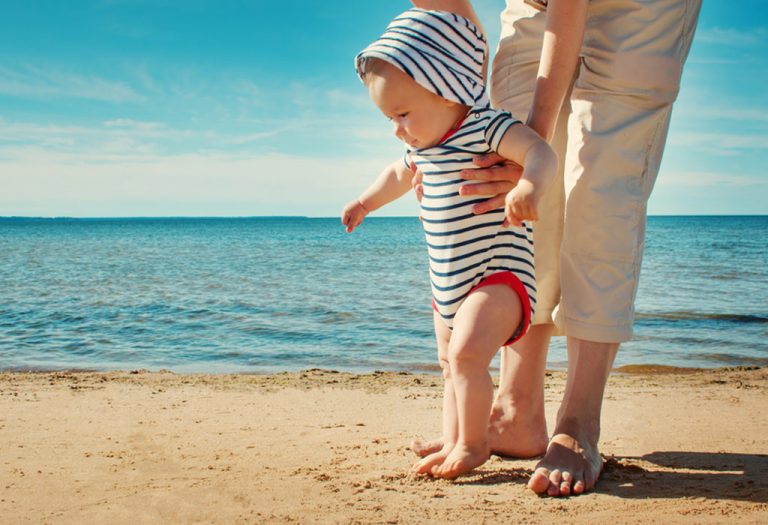
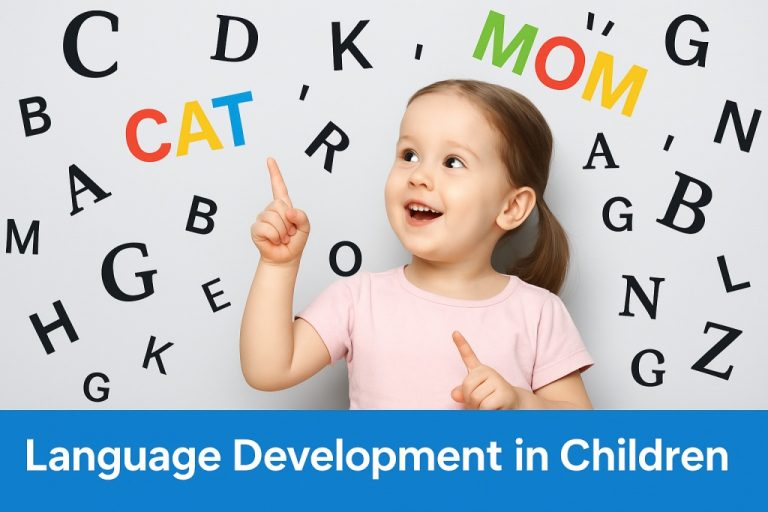
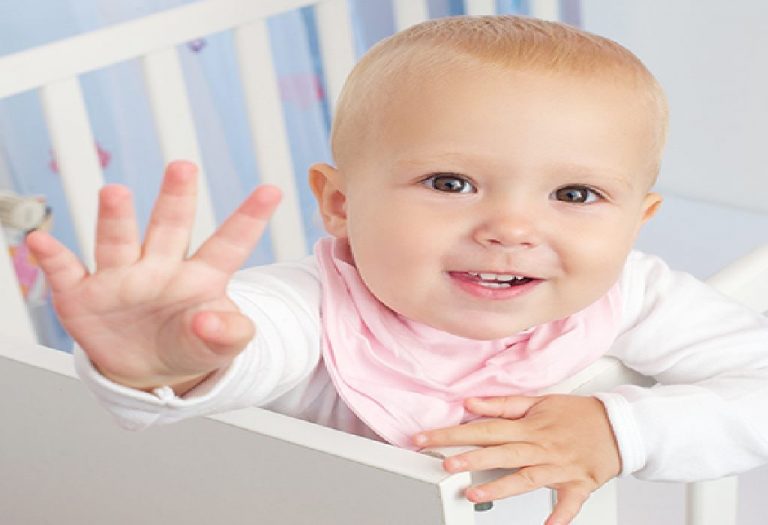
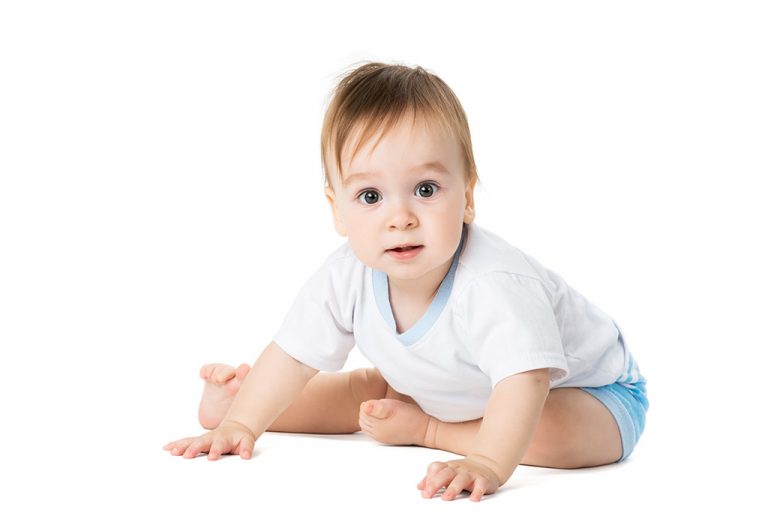
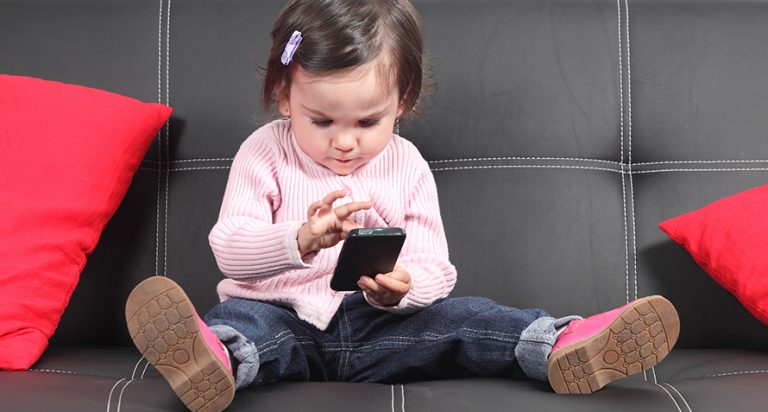

.svg)


















